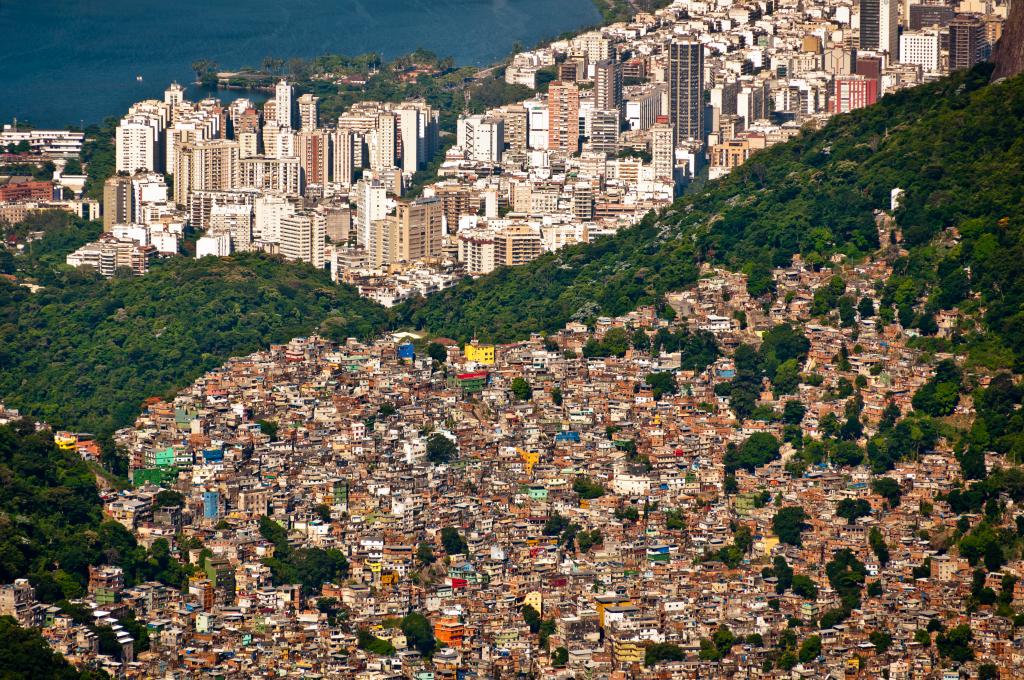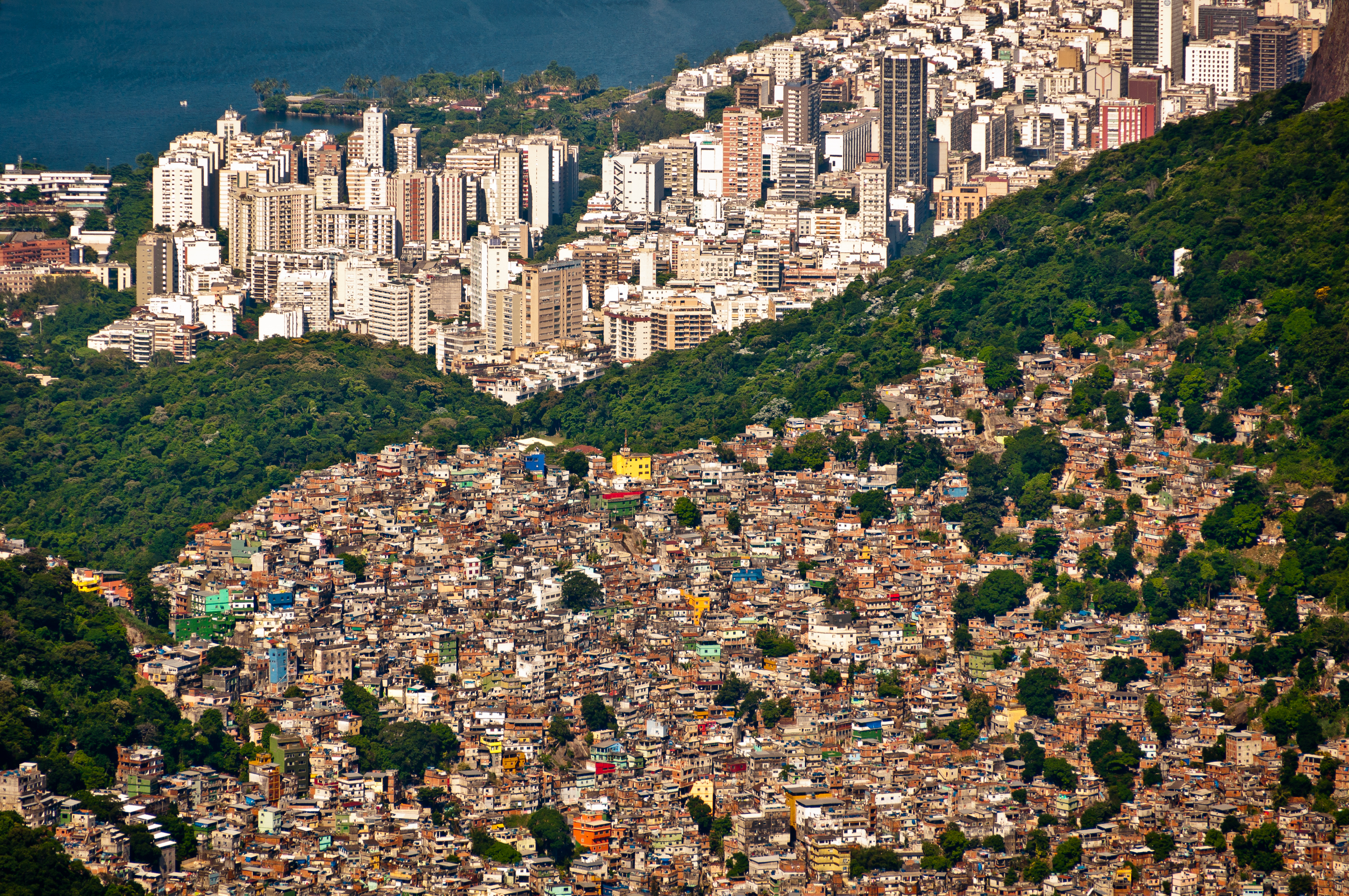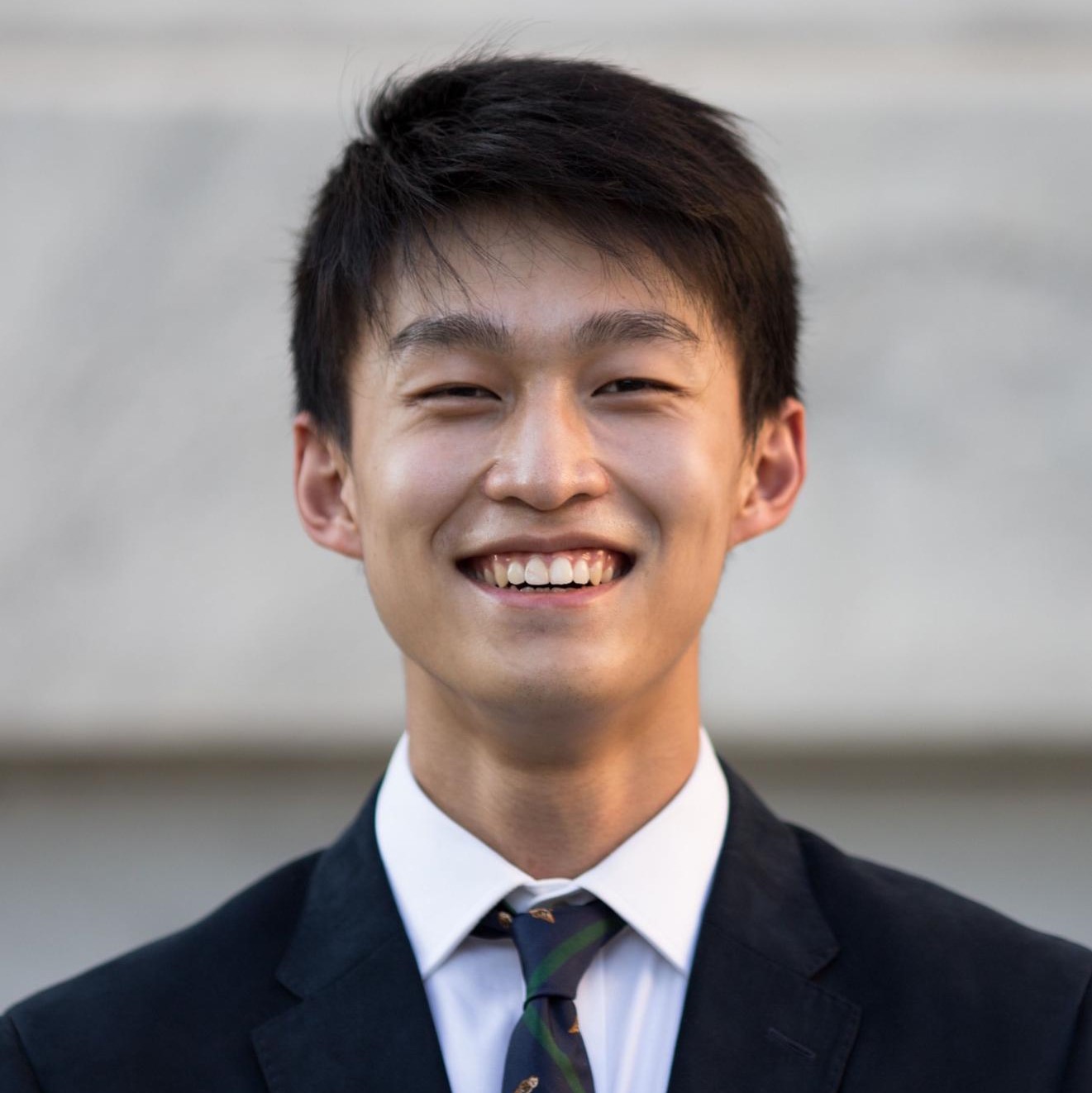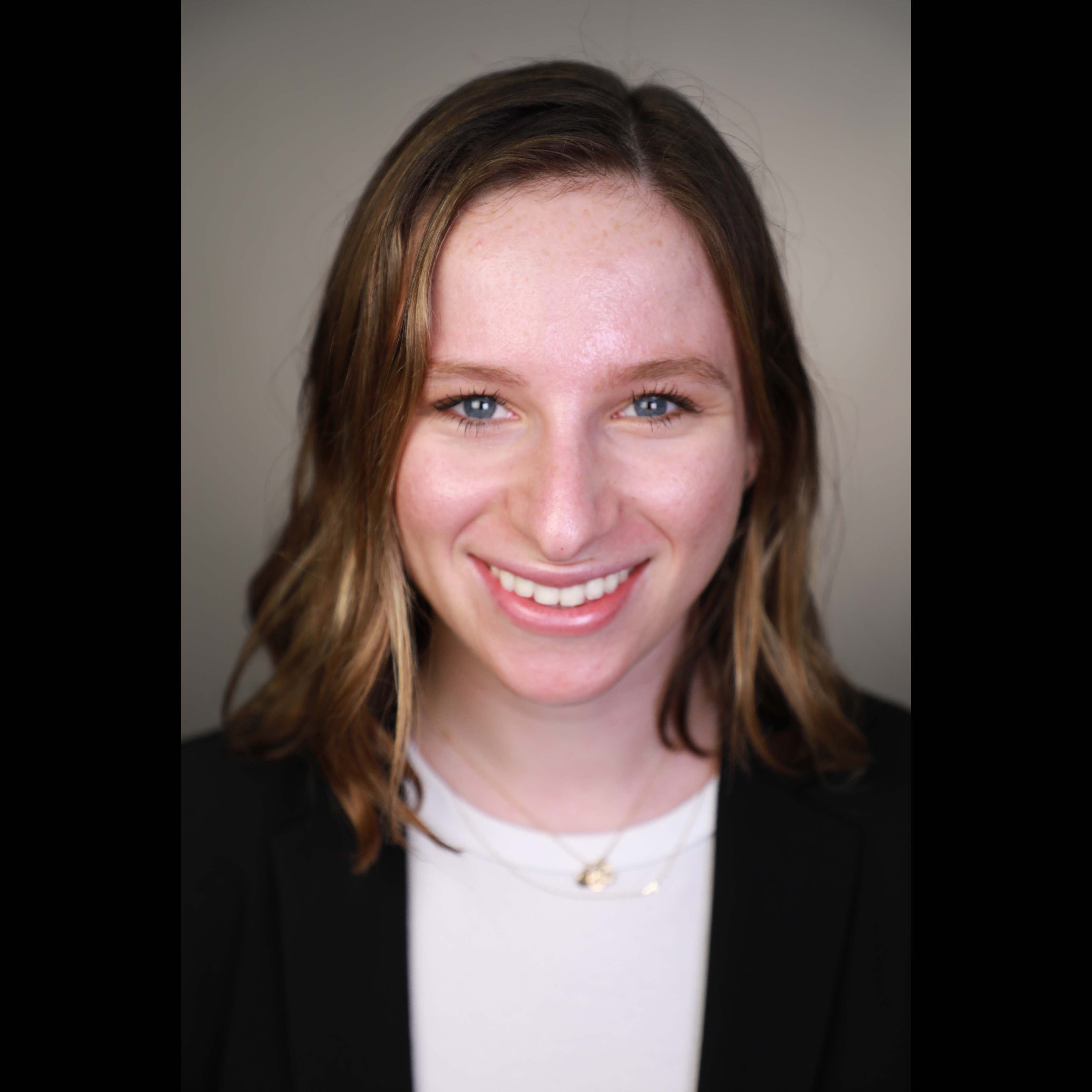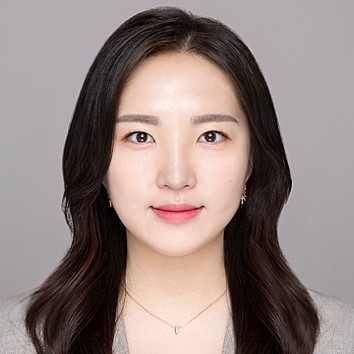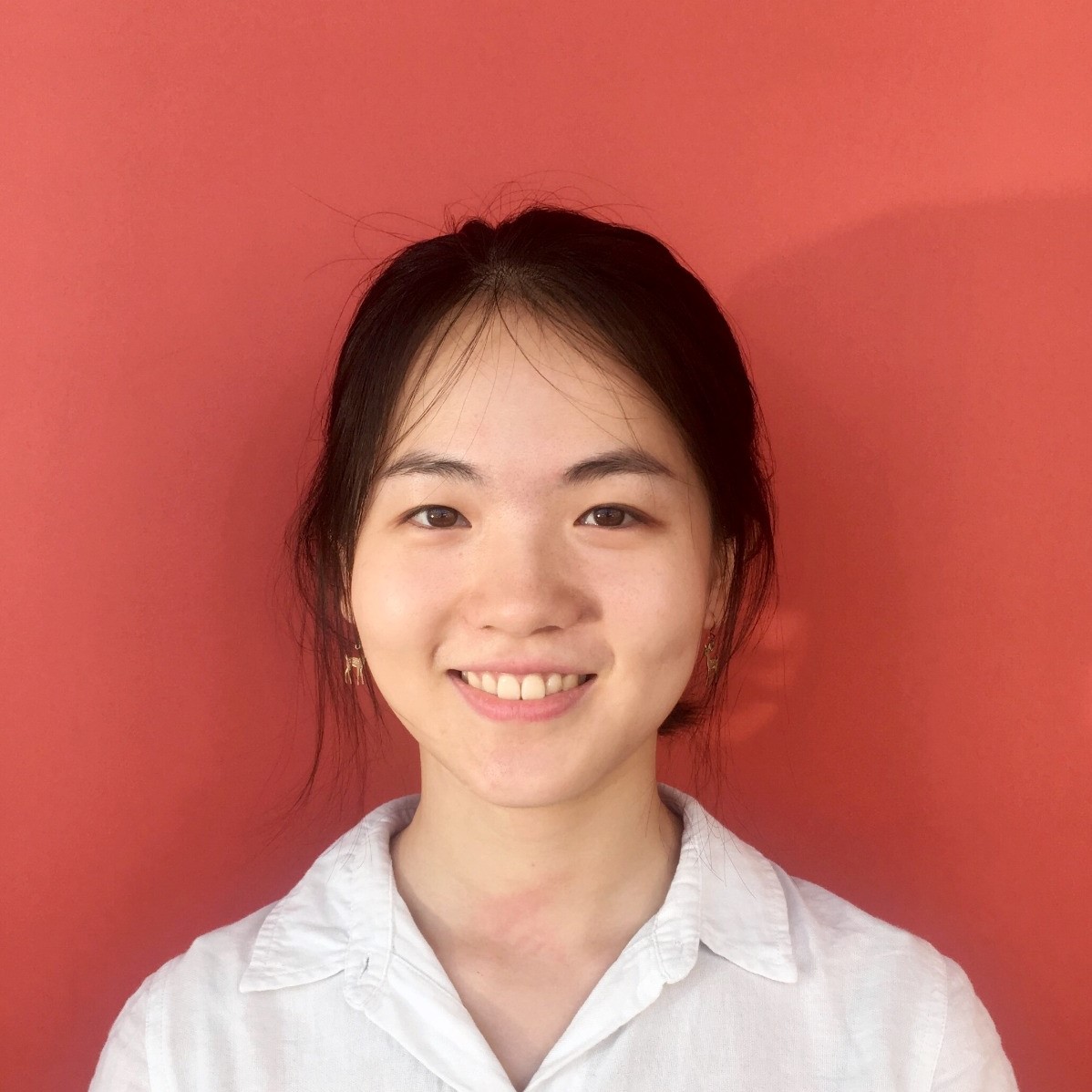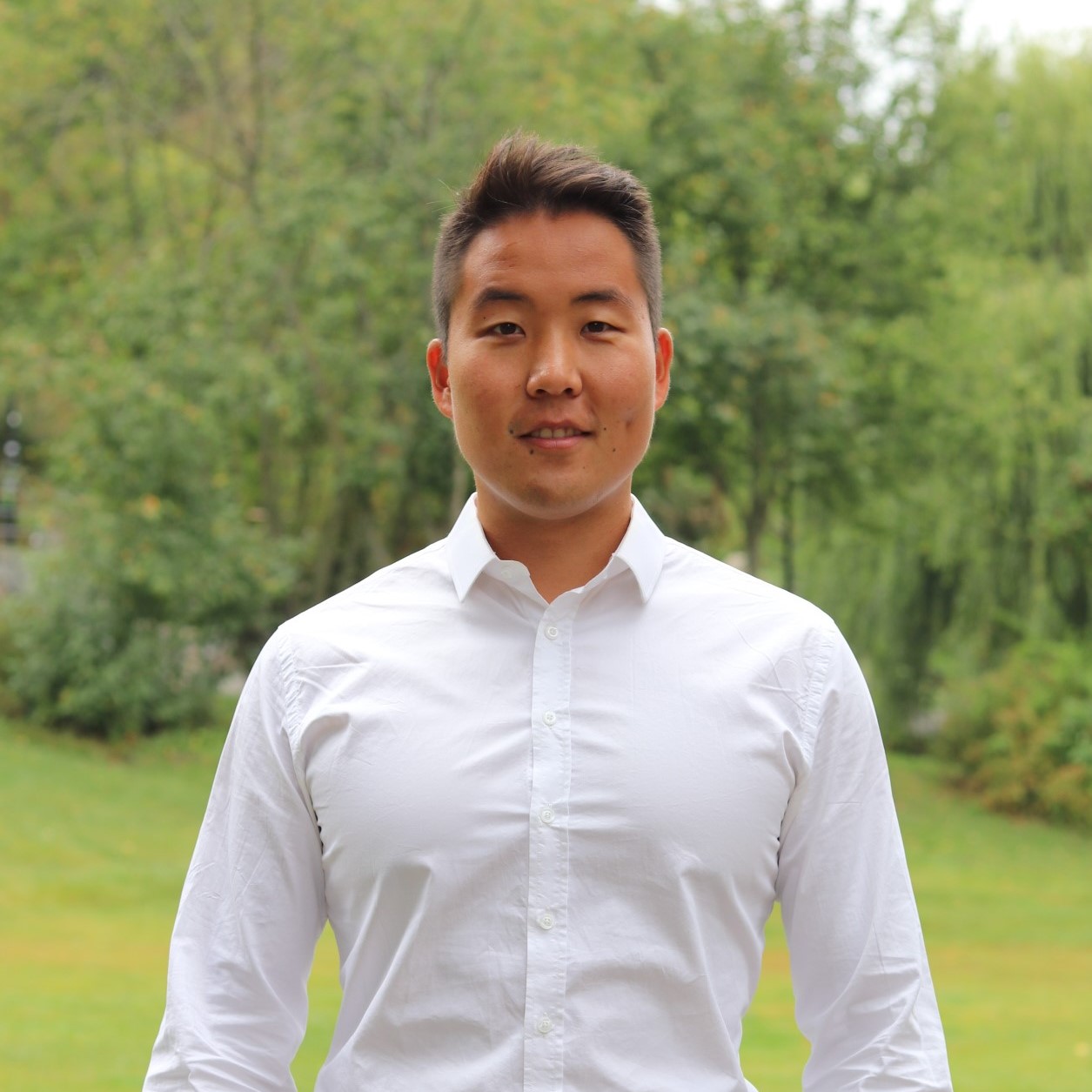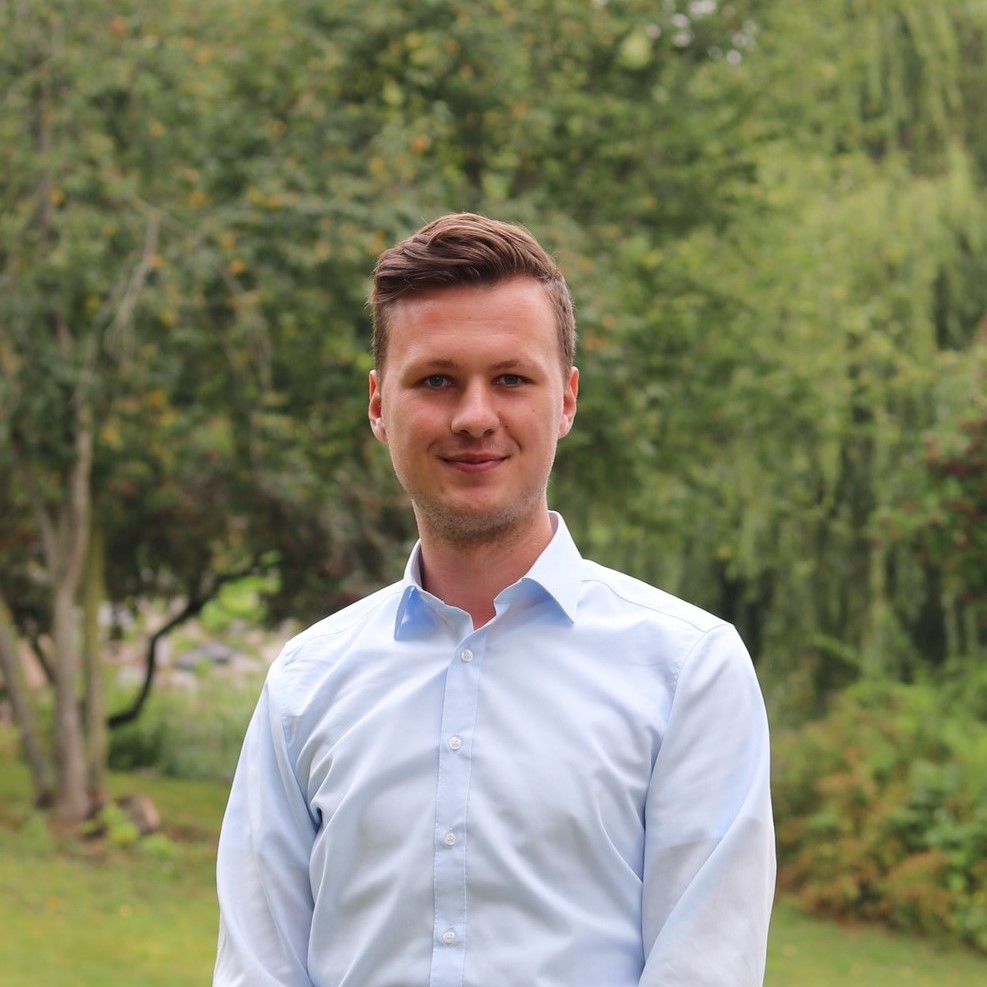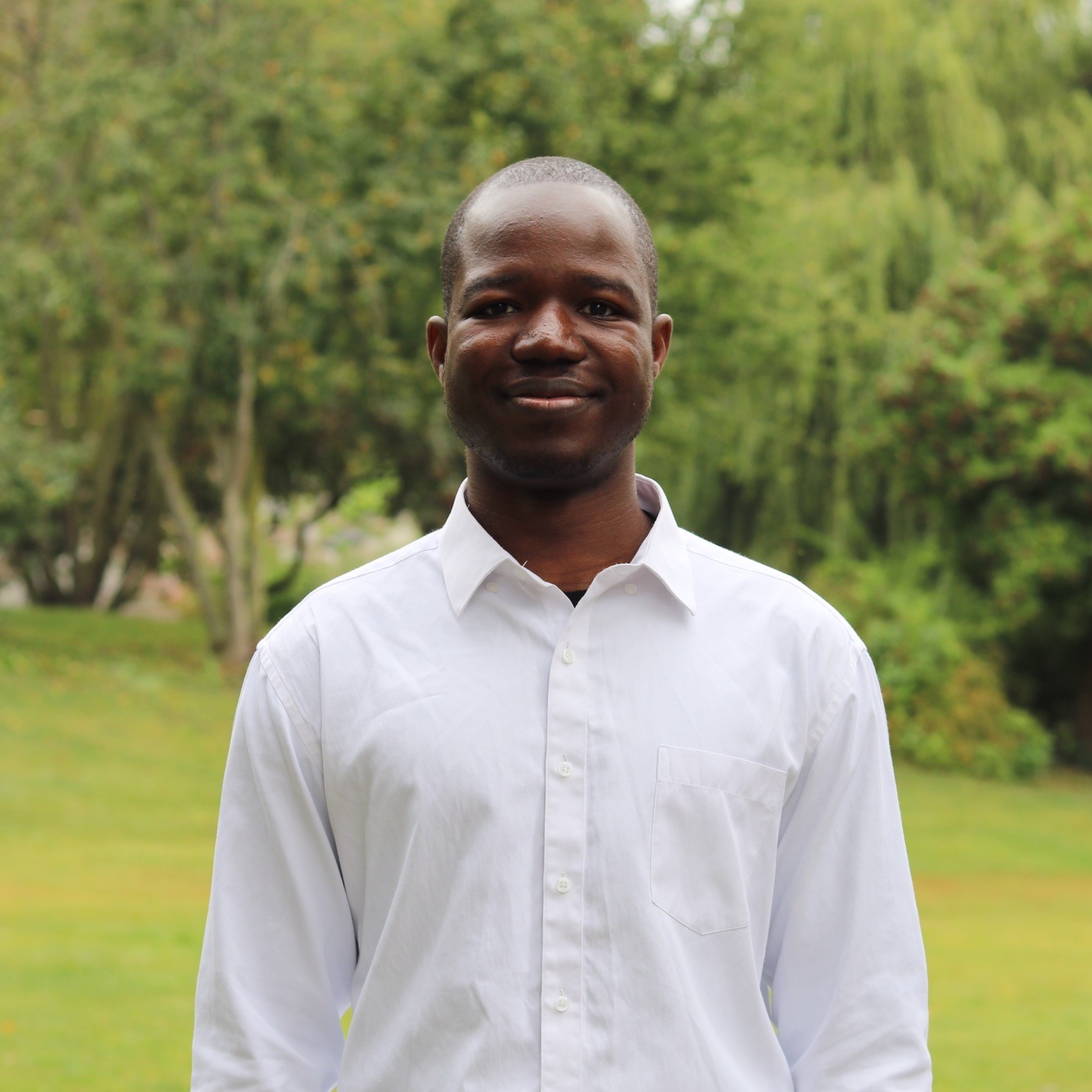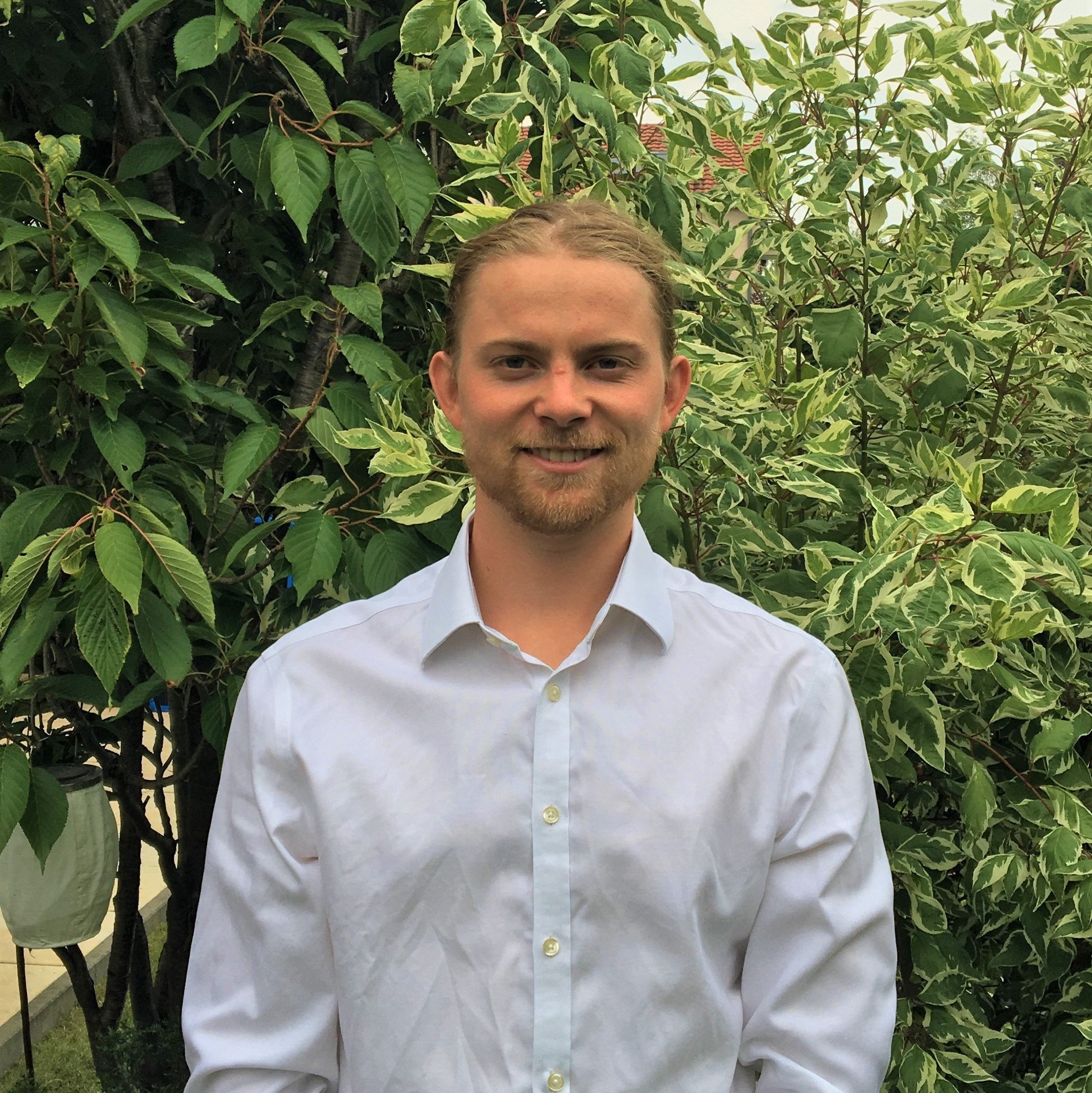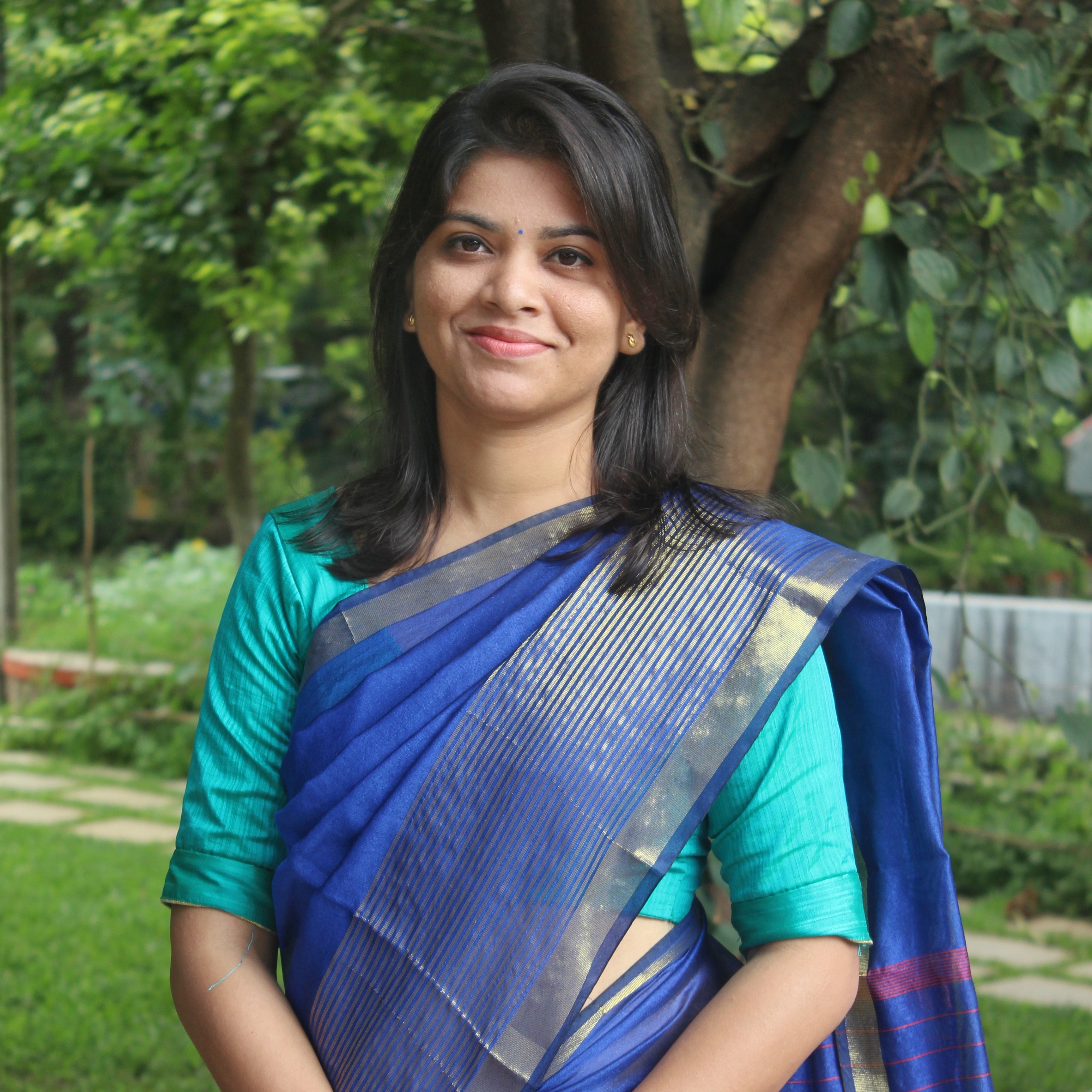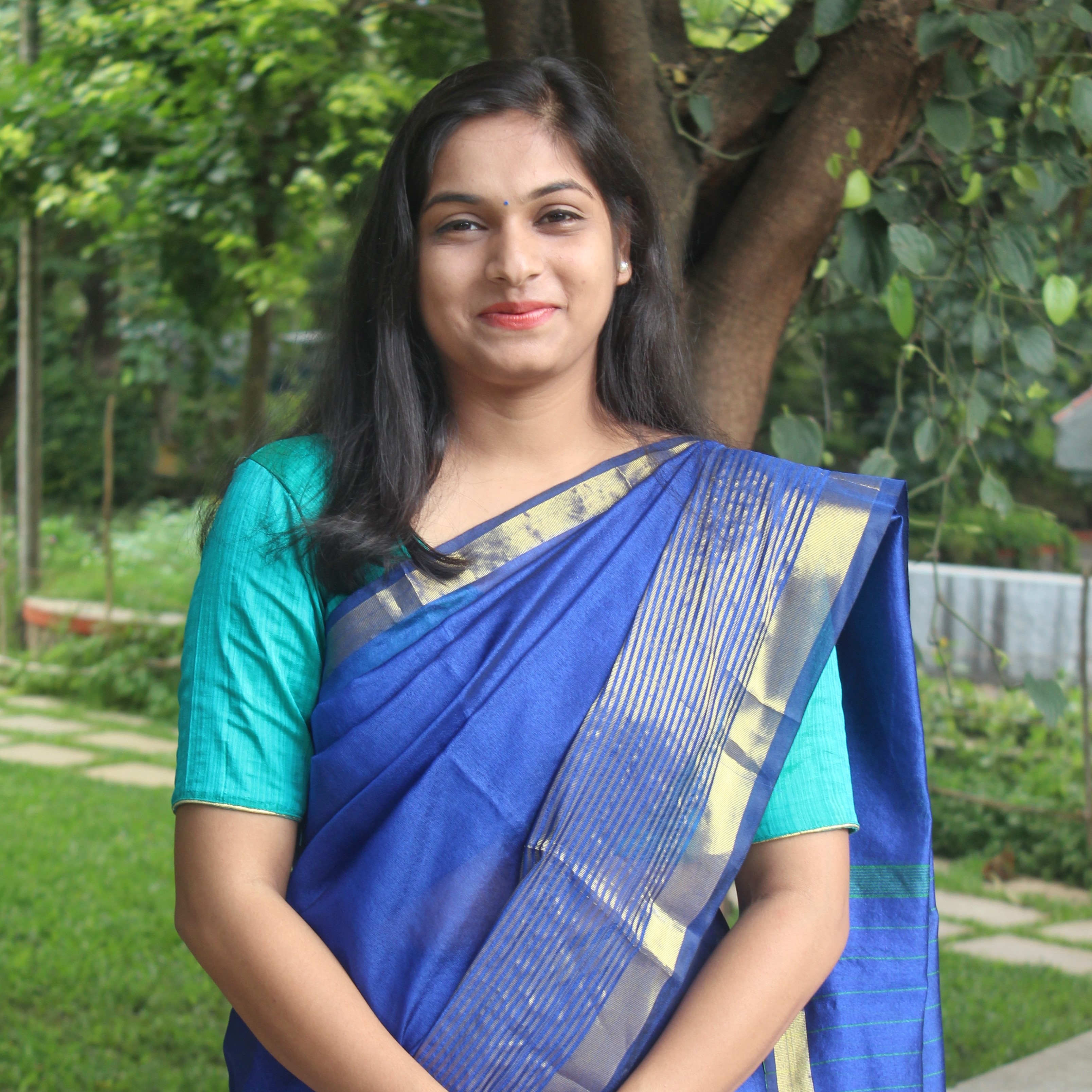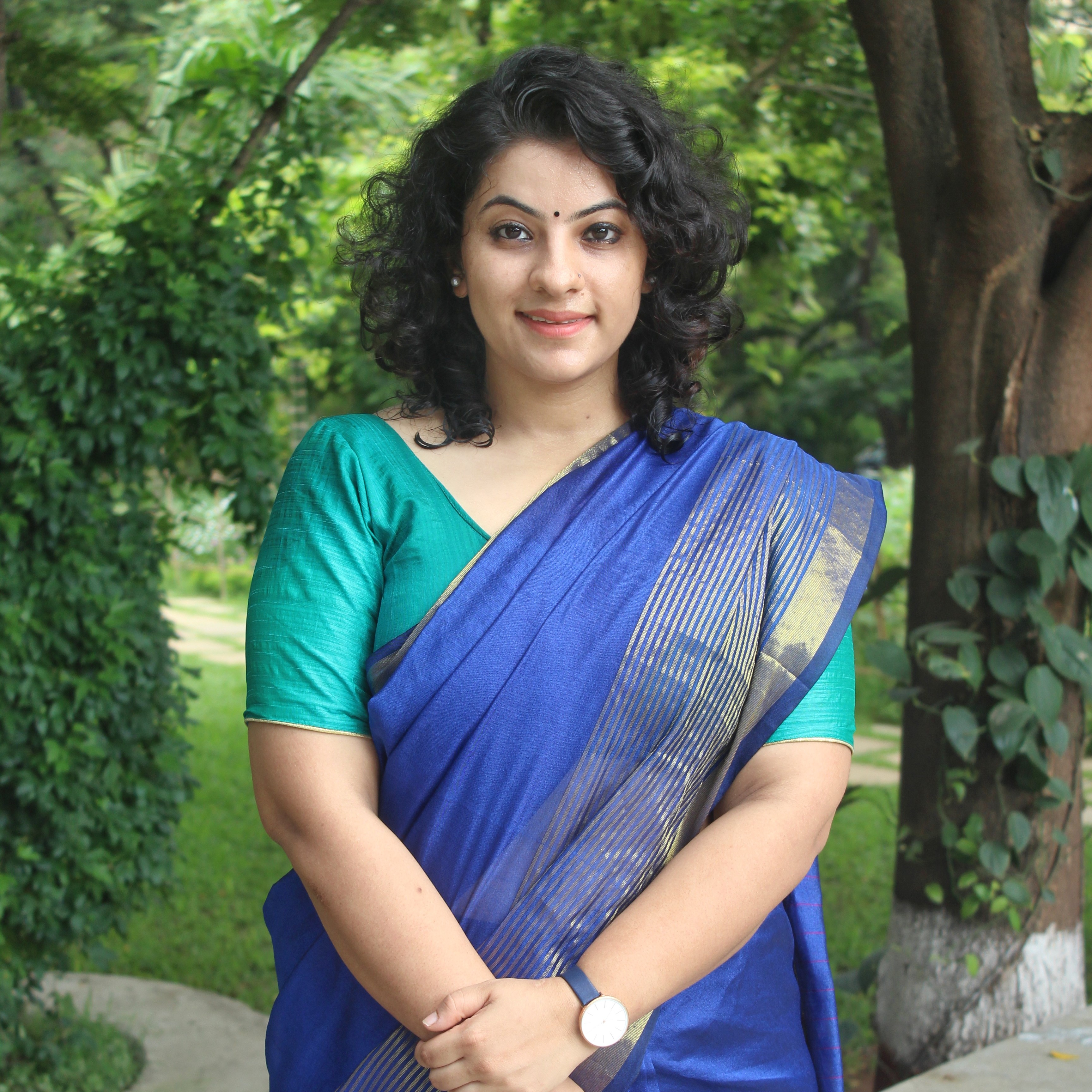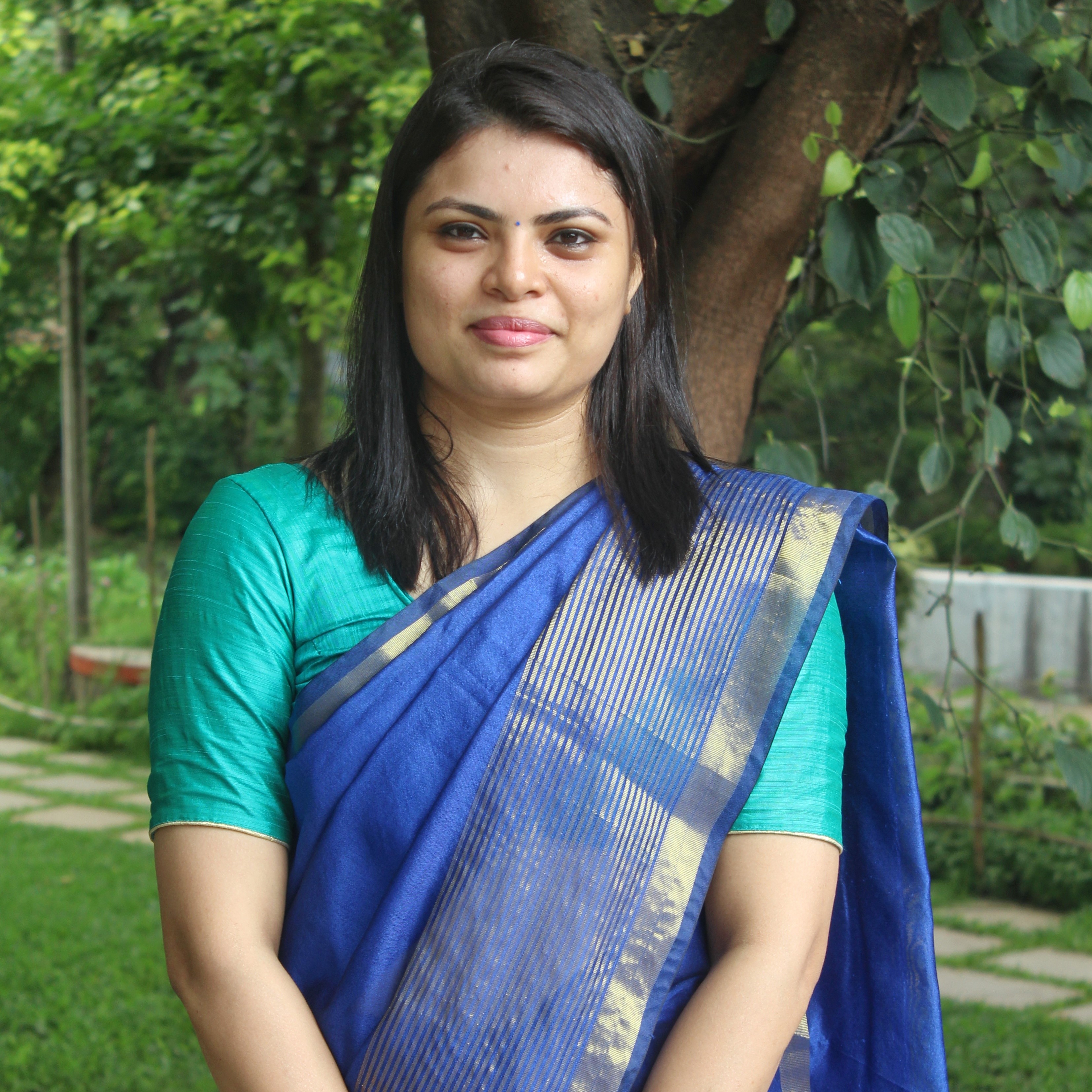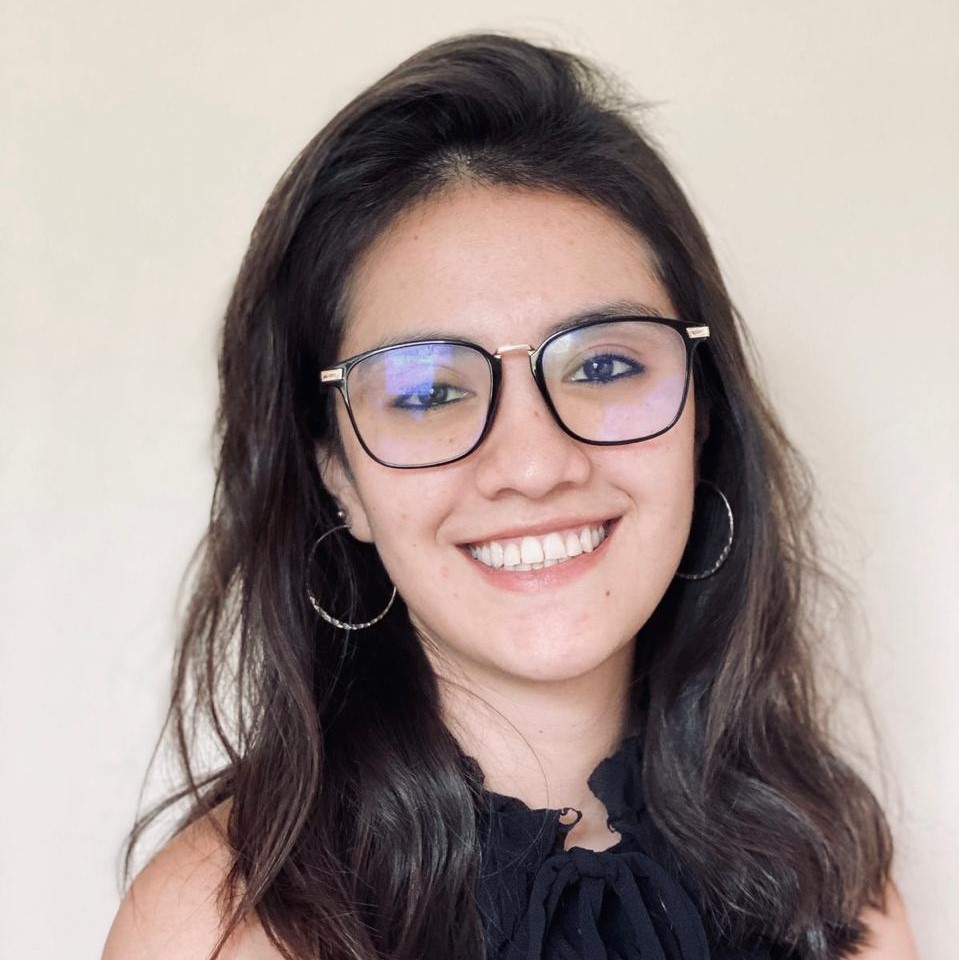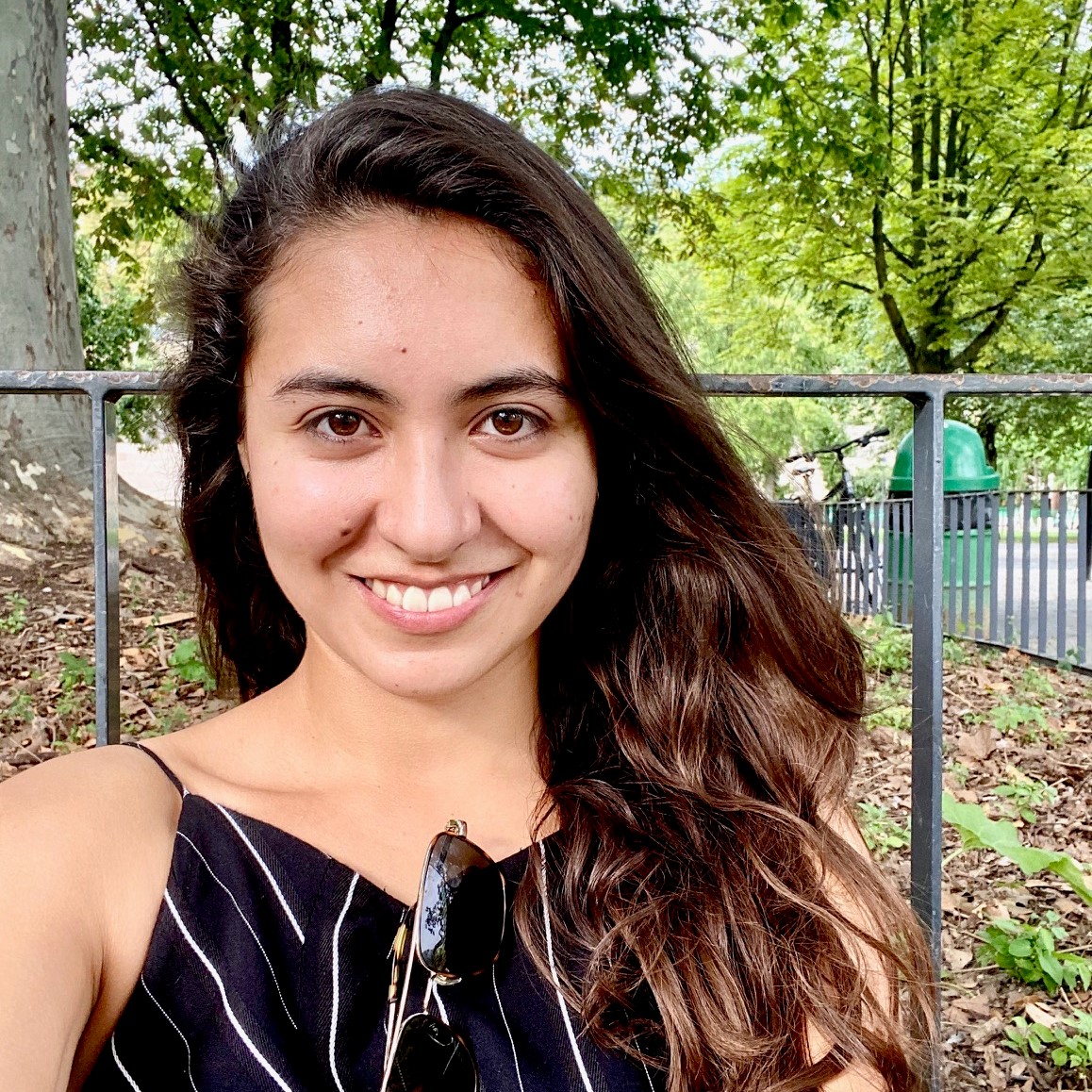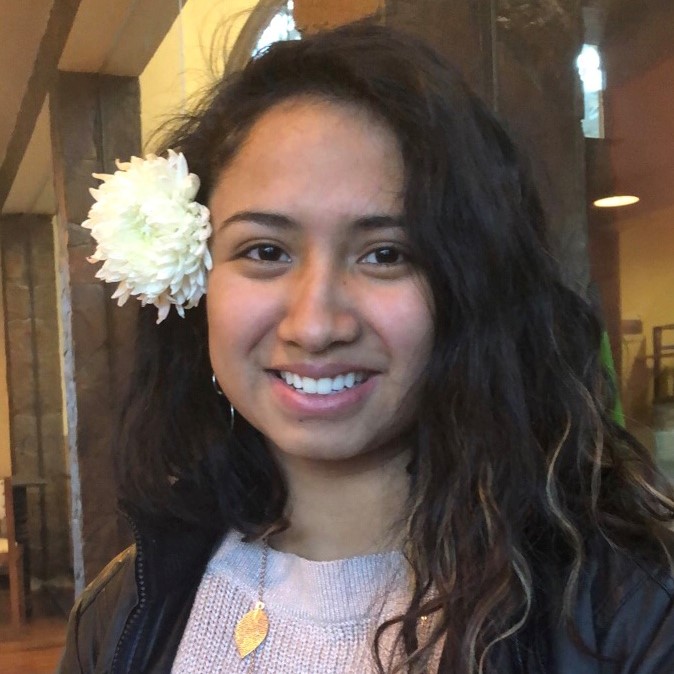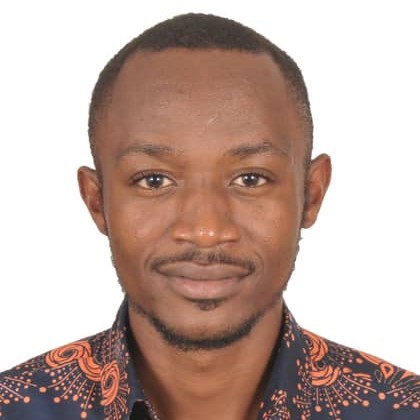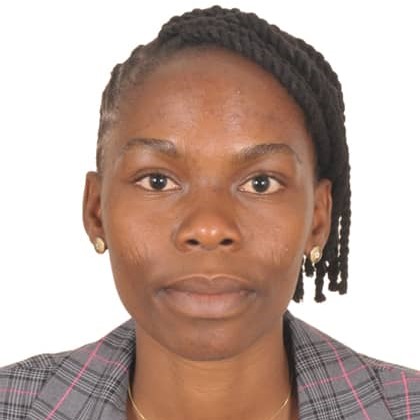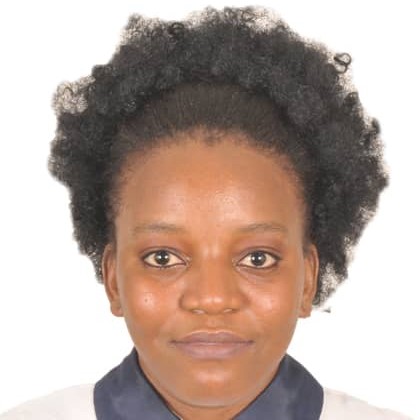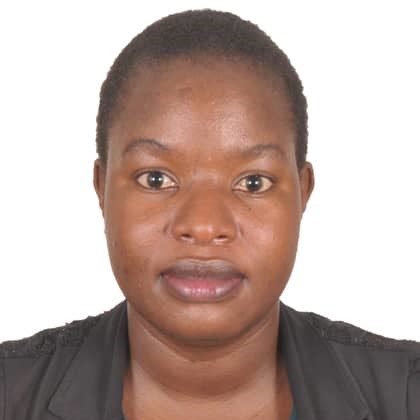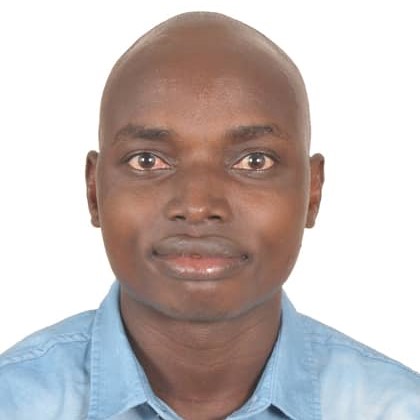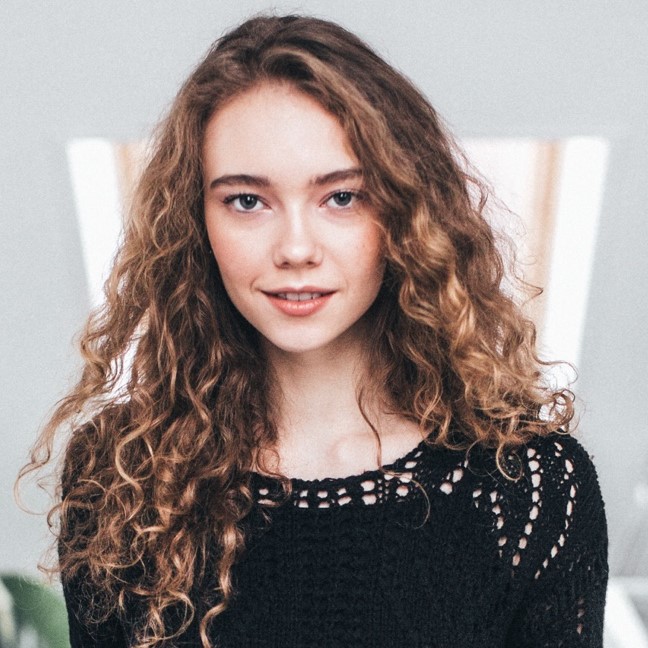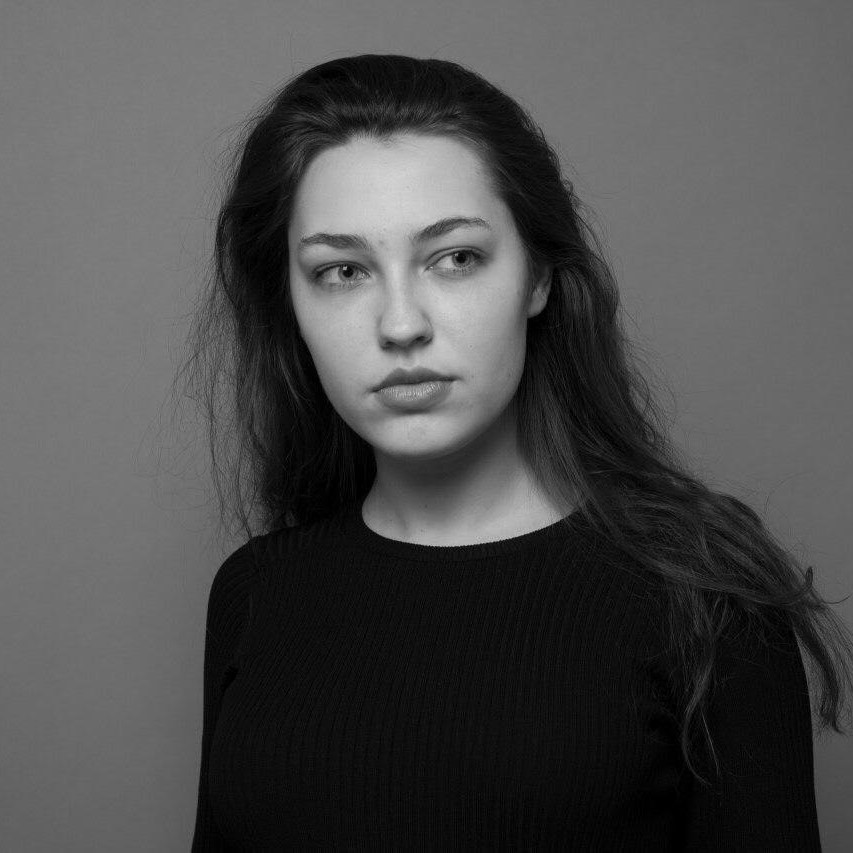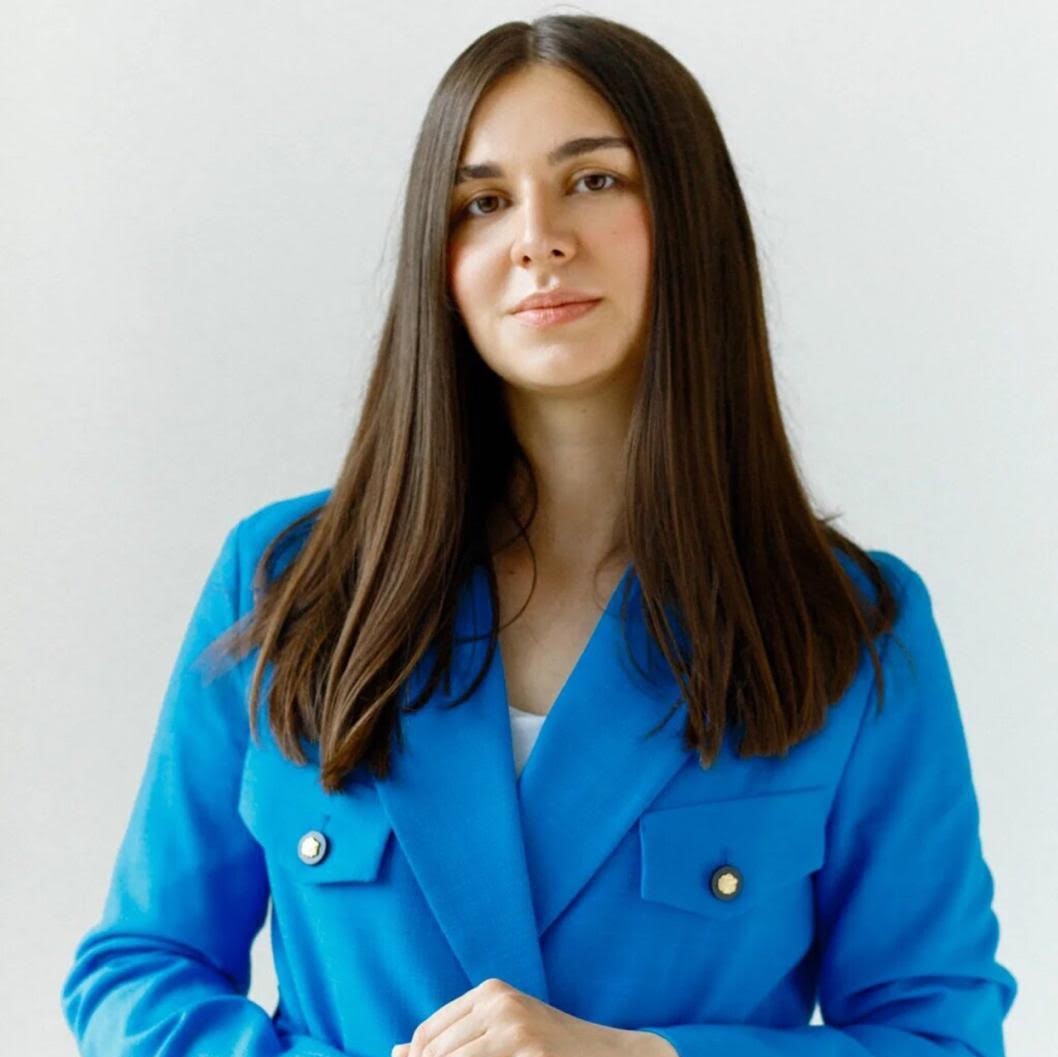The 2020 edition asked graduate students to address the complex issues arising from social inclusion. While significant advances have been made in reducing extreme poverty around the world, more efforts are needed to tackle social inclusiveness. Overall, social inclusion matters concern a multitude of groups and have a strategic impact on the social cohesion, human development, productivity, economic growth and long-run development of countries and regions around the world. Therefore, a call for innovative and cross-cutting proposals accounting for the context and the multitude of potential actors involved was critical.
In 2020, 366 teams composed of 1,368 graduate students from 102 different nationalities registered to take part in the Geneva Challenge. 145 project entries were submitted by 558 students from teams hailing from all over the world. The Academic Steering Committee selected 16 semi-finalists teams.


